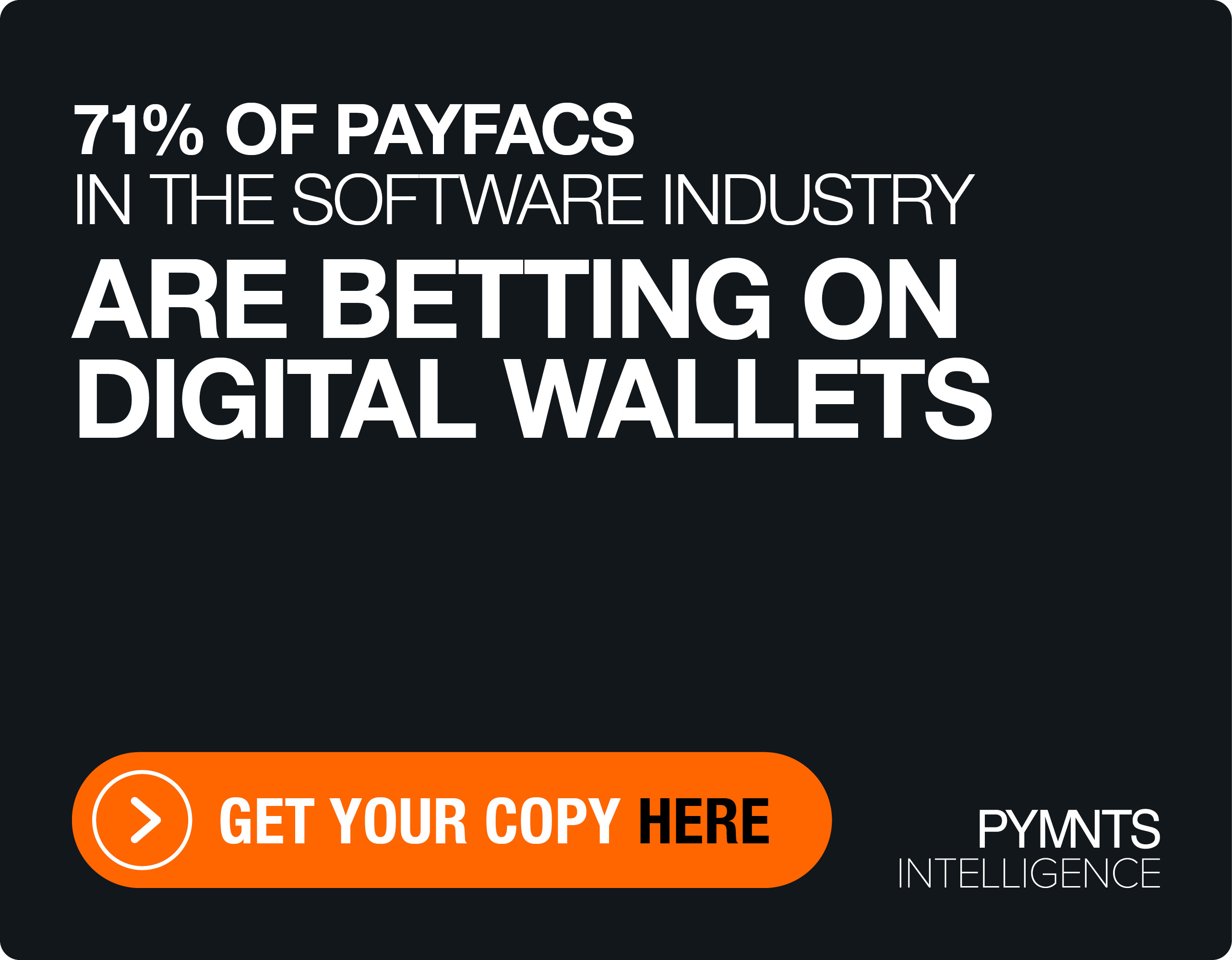BNY Mellon On The Two Key Factors For AP Automation

 The supplier relationship is critical for any business. This means providing frictionless and speedy payments and ensuring that the right amount of money is sent to the right supplier at the right time. Many firms still rely on legacy, paper-based payment methods such as checks to fulfill their business payment needs, however, which won’t fly if the business intends to work with the supplier long term.
The supplier relationship is critical for any business. This means providing frictionless and speedy payments and ensuring that the right amount of money is sent to the right supplier at the right time. Many firms still rely on legacy, paper-based payment methods such as checks to fulfill their business payment needs, however, which won’t fly if the business intends to work with the supplier long term.
In the latest Next-Gen AP Automation Tracker, PYMNTS examines the way that B2B payment needs are shifting, and how firms are responding to these needs with innovative technologies and products. The Tracker also analyzes the potential challenges to innovations in this are a, including why some firms are still clinging to checks.
a, including why some firms are still clinging to checks.
Across The AP Automation Space
Companies are responding to this increased need for more innovative payment technologies and accounts payable (AP) systems by upgrading their offerings. Bottomline Technologies recently made changes to its Banking IQ suite, for example, adding support for real-time payments in a bid to help its clients digitize and speed up their B2B payment processes. The upgrade is designed to improve the security surrounding these transactions as well.
Other firms, such as payment solutions provider Usio, are focusing on relieving the pain points in the invoicing world, which come attached with finicky personal details that can lead to payment delays. The FinTech has partnered with AP invoice automation technology service Invoice Stream to develop an integrated eInvoicing and payments system that will speed up this process for participating small- to medium-sized businesses (SMBs). The new solution will combine Usio’s technology with Invoice Stream’s invoice processing system to shorten the number of steps that occur from invoicing to payment.
Many companies are also still trying to shake off checks, despite the frustrations they typically add to the process for all parties involved. Eighty percent of firms that participated in a recent PYMNTS survey still use paper check payments, despite the fact that less than 15 percent of their partner suppliers wish to be paid through that method. The use of checks is still hanging on, hampering AP innovation for many firms.
companies are also still trying to shake off checks, despite the frustrations they typically add to the process for all parties involved. Eighty percent of firms that participated in a recent PYMNTS survey still use paper check payments, despite the fact that less than 15 percent of their partner suppliers wish to be paid through that method. The use of checks is still hanging on, hampering AP innovation for many firms.
To read more on this and other stories, visit the Tracker’s News And Trends section.
BNY Mellon On Shifting B2B Payment Expectations
Businesses are just as particular as end consumers. Neither commercial nor retail customers can tolerate slow payments, and they get increasingly frustrated when they are asked to deal with these methods. Most in the AP world would like to move their operations to digital systems that utilize automated technology for faster payments, but that, unfortunately, requires every partner institution and vendor to match their own company’s innovation speed, says Carl Slabicki, head of strategic payment solutions at BNY Mellon. In this month’s Feature Story, Slabicki explains how BNY Mellon is utilizing AP automation solutions to further innovative its B2B payment offerings in the face of these changing expectations.
 How Innovative Payment Methods Are Helping Drive AP Automation
How Innovative Payment Methods Are Helping Drive AP Automation
Many companies are still relying on paper-based payment systems for their AP needs, despite the inefficiencies such systems inevitably create. These systems can not only affect the cash flows of receivers, but they can also lead to time delays and additional constraints that wind up affecting the overall productivity of the companies sending these payments. Businesses that are still dependent upon paper-based systems might need to consider upgrading to new automated technologies that may be able to wean them from out-of-touch manual processes. Visit the Tracker’ Deep Dive to learn more about how removing manual payment systems can help companies give their AP departments a much-needed boost.
About the Tracker
The Next-Gen AP Automation Tracker, a PYMNTS and Bottomline Technologies collaboration, is a monthly report that highlights the most recent accounts payable developments and automated solutions disrupting how businesses process invoices, track spending and earn rebates on transactions.
